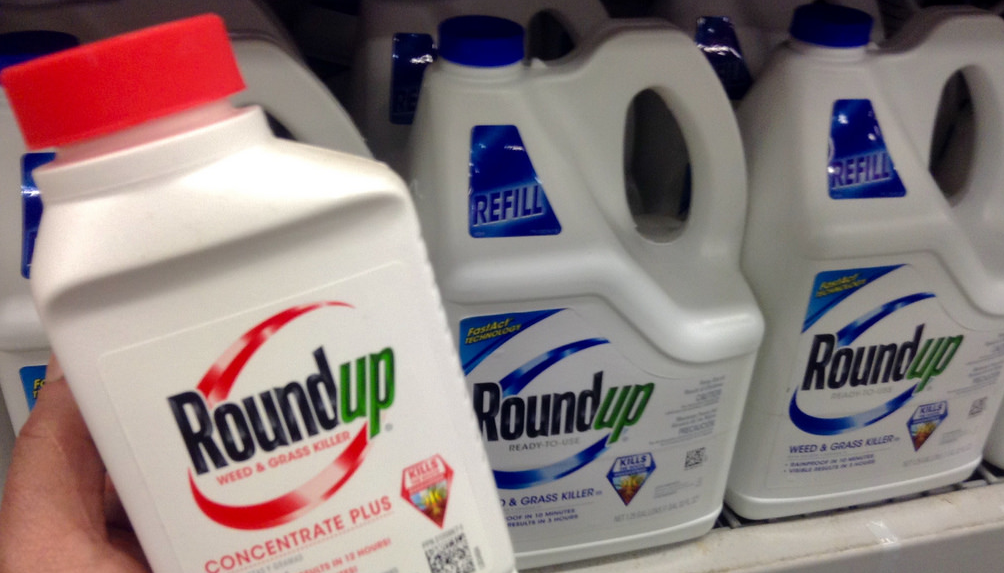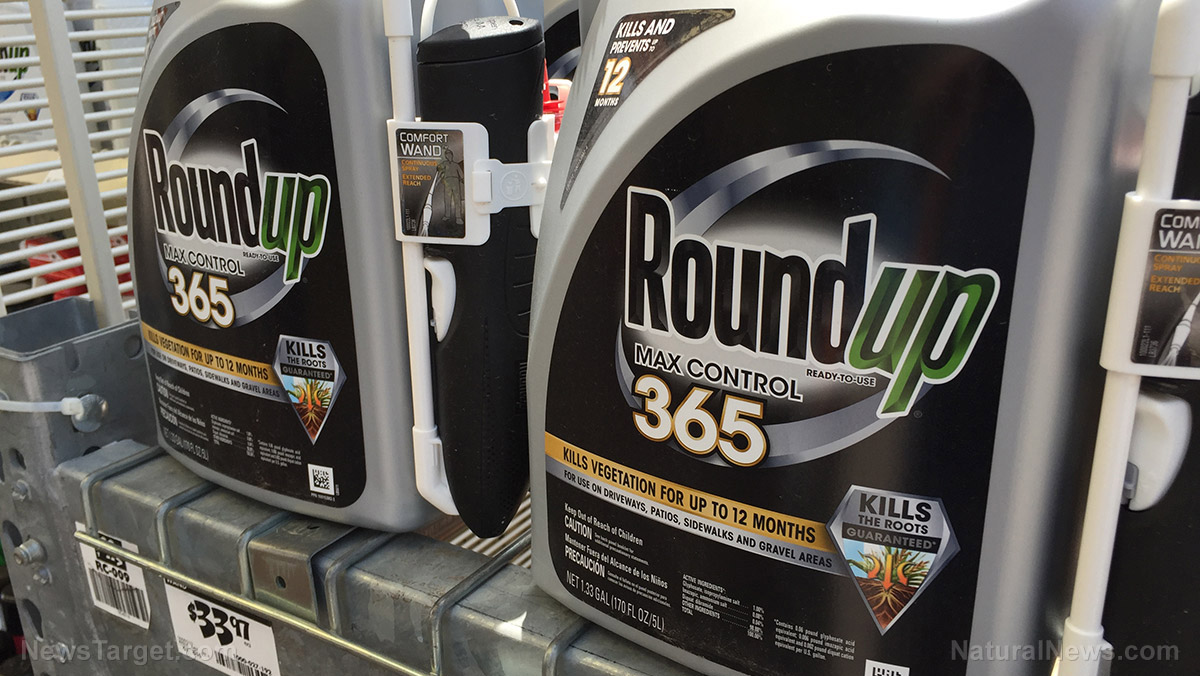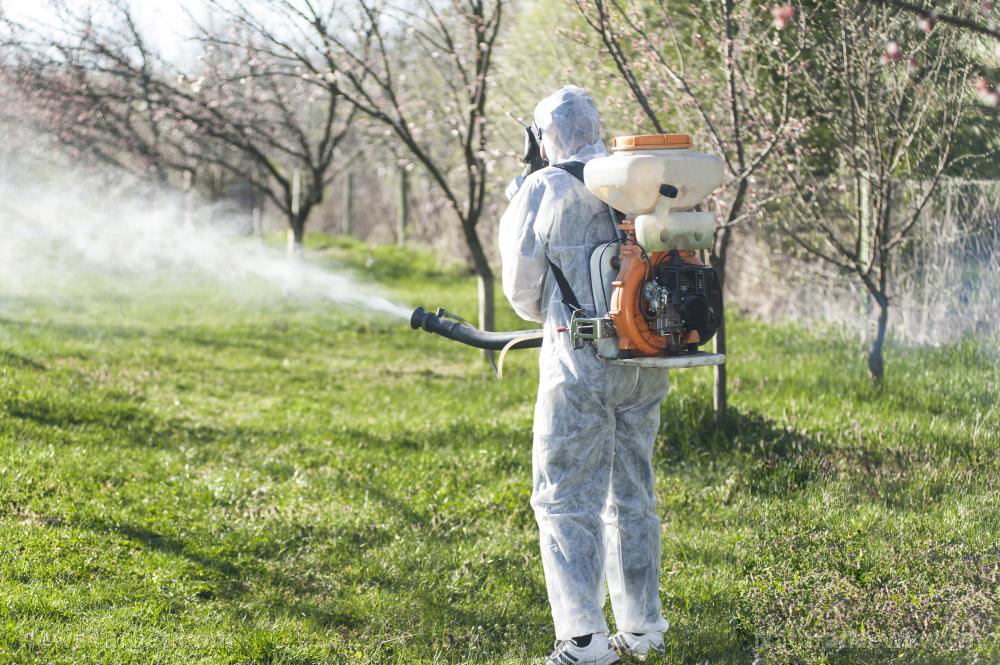Popular flea collar linked to thousands of pet deaths, reveals new report
06/02/2021 / By Divina Ramirez

Seresto, a popular flea and tick collar for pets, has been linked to almost 1,700 pet deaths, according to a recent report from the Midwest Center for Investigative Reporting.
The collar has also been tied to tens of thousands of injured animals, as well as hundreds of harmed humans. It was named in approximately 75,000 incident reports with the Environmental Protection Agency (EPA).
Reports about the Seresto collars started coming in in 2012 just after the collars were first approved for sale. In most of the incidents, pets had allergic reactions in the spot where the collar touched their fur or skin. Some animals had seizures. In severe cases, owners lost their pets just weeks after fitting them with the collar.
Meanwhile, in the over 900 incidents that involved humans, rashes were the most commonly reported effect of exposure to the collar. In one particularly severe case, a 12-year-old boy was hospitalized with seizures and vomiting after sleeping beside his dog. The dog had been wearing a Seresto collar.
Top-selling flea collar linked to seizures, deaths
Seresto, developed by German pharmaceutical company Bayer AG, releases pesticides onto the animal over the course of eight months. As a pesticide-containing product, Seresto is regulated by the EPA.
However, the EPA has yet to issue an official warning about the apparent risks of the collars. “The EPA appears to be turning a blind eye to this problem,” said Karen McCormack, a former pesticide researcher and policy analyst at the EPA. She said the collars have the most incidents of any pesticide pet product she’s seen.
“I think this is a significant problem that needs to be addressed sooner rather than later,” she added.
The EPA declined to say how Seresto compares to other pesticide-containing pet products. However, an agency spokesperson told the Midwest Center for Investigative Reporting in an email that the two pesticides in Seresto have “been found eligible for continued registration” based on the “best available science.”
The spokesperson added that some pets, like humans, might just be more sensitive than others to the collar. As such, some pets might experience adverse reactions to the collar.
Seresto remains the top-selling flea collar for pets on Amazon. Many customers have already complained about the product, with some detailing significant issues like skin rashes or neurological problems in their pets. Despite the numerous complaints, however, Amazon has not removed Seresto from its platform.
Furthermore, some experts fear that the thousands of incident reports are only an undercount. Nathan Donley, a scientist specializing in pesticide policy at the nonprofit organization Center for Biological Diversity, said that the number of reported incidents for Seresto so far is “just the tip of the iceberg.”
“Most of the time, people are not going to make the connection or they’re not going to take an hour or so out of the day and figure out how to call and spend time on hold,” explained Donley. Therefore, the collar could be linked to tens of thousands more cases of seizures in pets, pet deaths and adverse reactions in humans.
Seresto’s pesticides toxic alone, more toxic together
The collar releases two pesticides: imidacloprid and flumethrin. Imidacloprid belongs to a group of insecticides designed to mimic nicotine, called neonicotinoids or neonics. Neonics are notorious for killing beneficial insects like bees, as well as some birds and even mammals like deer.
Meanwhile, flumethrin is an active ingredient in one product alone, that is, Seresto. Scientists know little about flumethrin, and what few studies are available on this pesticide have been conducted by Bayer AG. (Related: Bayer strikes $2 billion deal over future Roundup cancer claims.)
According to one of those studies, imidacloprid and flumethrin work synergistically, meaning they are far more toxic when used together. This may explain why the collars cause adverse reactions in pets.
Donley said he wasn’t sure why the two chemicals combined were likely to cause harm. However, it is clear that something is wrong with the collar. “For whatever reason, this combination is just really nasty.”
Donley also pointed out that the inactive ingredients in the collar may be reacting with either or both pesticides and causing adverse reactions.
Go to PetHealthDaily.com to learn more about the dangers of pesticide-containing pet flea collars.
Sources include:
Submit a correction >>
Tagged Under:
animals, Bayer AG, dangerous, environment, flea collar, flumethrin, imidacloprid, pet health, pets, products, research, toxic chemicals
This article may contain statements that reflect the opinion of the author
RECENT NEWS & ARTICLES
COPYRIGHT © 2018 EVILBAYER.COM
All content posted on this site is protected under Free Speech. EvilBayer.com is not responsible for content written by contributing authors. The information on this site is provided for educational and entertainment purposes only. It is not intended as a substitute for professional advice of any kind. EvilBayer.com assumes no responsibility for the use or misuse of this material. All trademarks, registered trademarks and service marks mentioned on this site are the property of their respective owners.



















